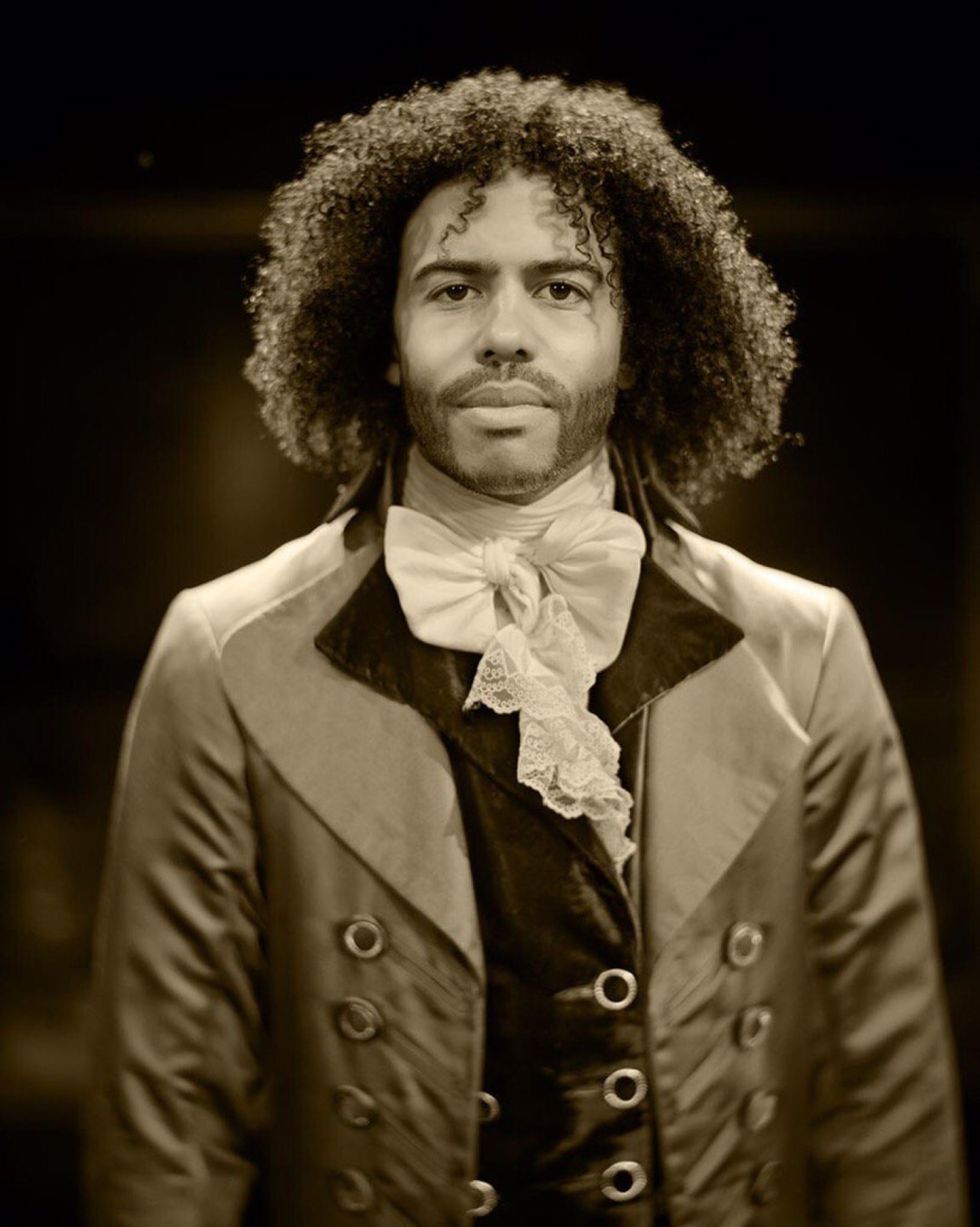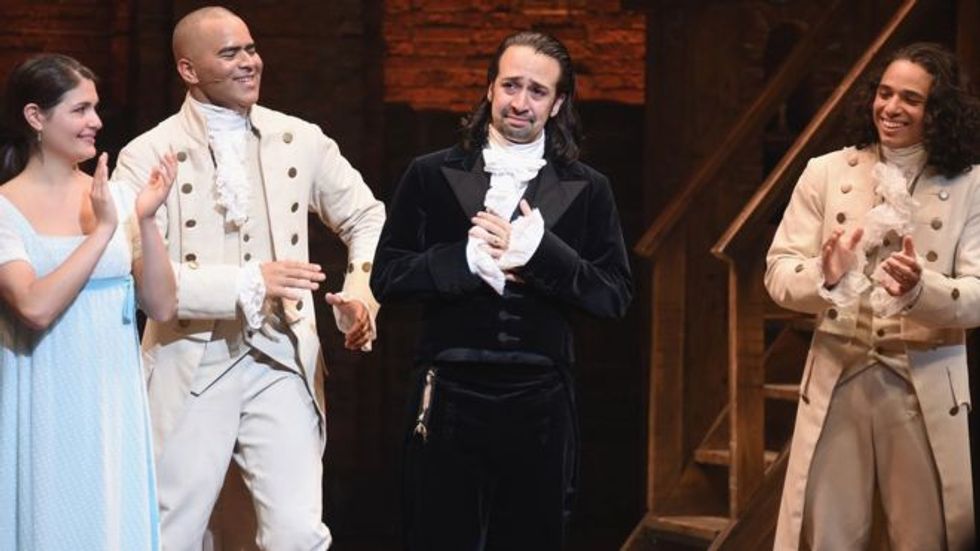Part Three: Cabinet Battle #2
Now that we have taken a look at the background of these two Founding Fathers and the First Cabinet Battle between the two within the musical, let's take a look at the issue of foreign policy.
The context of this battle was the idea of helping the French through their Revolution that was taking place. Hamilton was not technically even responsible for the idea and construct of the Foreign Policy of the United States, but as always he felt very strongly about it.
Jefferson was in the process of negotiation to help France whereas Hamilton was more focused on the fact that our country couldn't afford another war against Britain.
Cut to the battle......
“’When we were on death’s door when we were needy. We made a promise, we signed a treaty. We needed money and guns and half a chance. Who provided those funds?’ [Madison] ‘France.’ [Jefferson] ‘In return, they didn’t ask for land. Only a promise that we’d lend a hand. And stand with them if they fought against oppressors. And revolution is messy but now is the time to stand. Stand with our brothers as they fight against tyranny.’” This line from the musical Hamilton delivers what Jefferson’s view was on helping our allies France when they decided to fight against the British in the French Revolution.
“’ [Hamilton]. You must be out of your Goddamn mind if you think. The President is gonna bring the nation to the brink of meddling in the middle of a military mess. A game of chess, where France is Queen and Kingless. We signed a treaty with a King whose head is now in a basket. Would you like to take it out and ask it? “Should we honor our treaty, King Louis’ head?” “Uh… do whatever you want, I’m super dead.”’ [Washington] ‘Enough. Hamilton is right.’” This was Hamilton’s view on the matter.
As clearly shown by the lyrics above Jefferson, who spent a majority of the Revolution in France believed that we should help our ally in their time of need to gain freedom from the tyranny that was in place. Jefferson wrote about the Revolution stating, “this ball of liberty, I believe most piously, is now so well in motion that it will roll round the globe, at least the enlightened part of it, for light & liberty go together. it is our glory that we first put it into motion.” This statement shows that overall the foreign policy ideals of Jefferson were to help other countries who were our allies to gain their own freedom. As stated previously, Jefferson was a strong advocate for the people and believed that they should be the ones to hold the power of their country. But later on, when Jefferson had become president he decided to cut ties with both Britain and France so that they would respect the neutrality of the United States.
Hamilton’s viewpoint on meddling in Frances revolution contradicted the ideals that his party and himself stood for. Hamilton was inspired by the French’s want for liberty but saw that the United States was reeling from a war with Britain still and it would completely deplete us if we decided to join the fight against Britain. Hamilton is quoted as saying this in one of his writings, “If there be anything solid in virtue—the time must come when it will have been a disgrace to have advocated the Revolution of France in its late stages.” This statement by Hamilton also brings to light the fact that the French Revolution was a very bloody war being waged and some of the things that took place were rather barbaric.
As for the Federalist Party, they took more of an isolationism stance on foreign policy. Hamilton and later John Adams were both advocates for staying out of the business of other countries, especially France. When John Adams was President he passed the Alien and Sedition Act, which effectively limited the chatter amongst the population about the Revolution in France. The Federalist were fearful that the population would eventually turn on them when the Federalist Party was in control of office.
Stay tuned for another installation of this series next week. Where we will finally wrap up looking at this epic battle between Hamilton and Jefferson. Also, we take a look at what we can learn and take away in our modern politics.





















